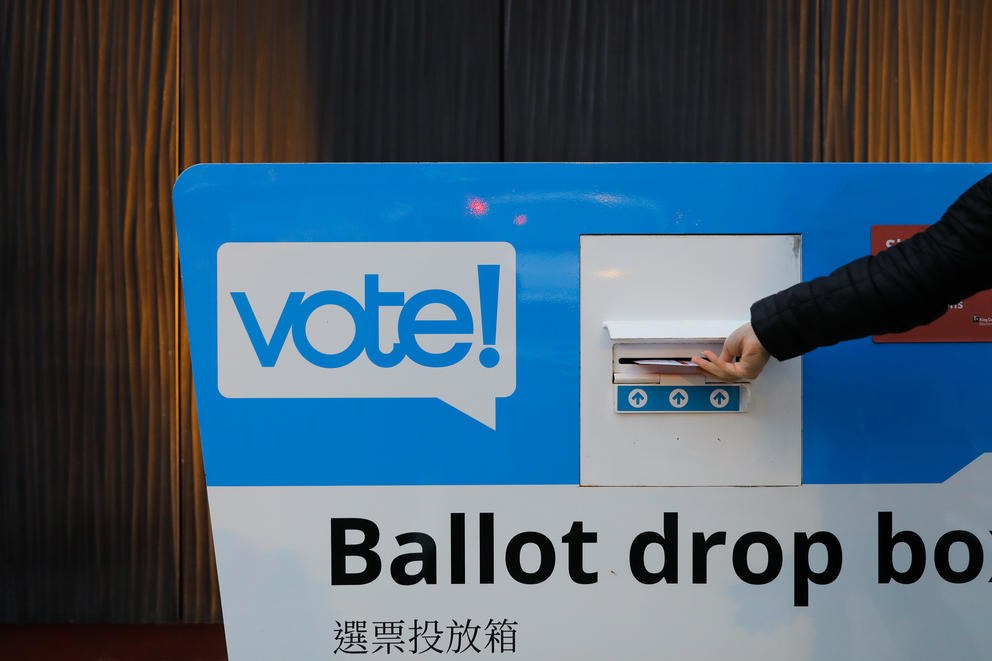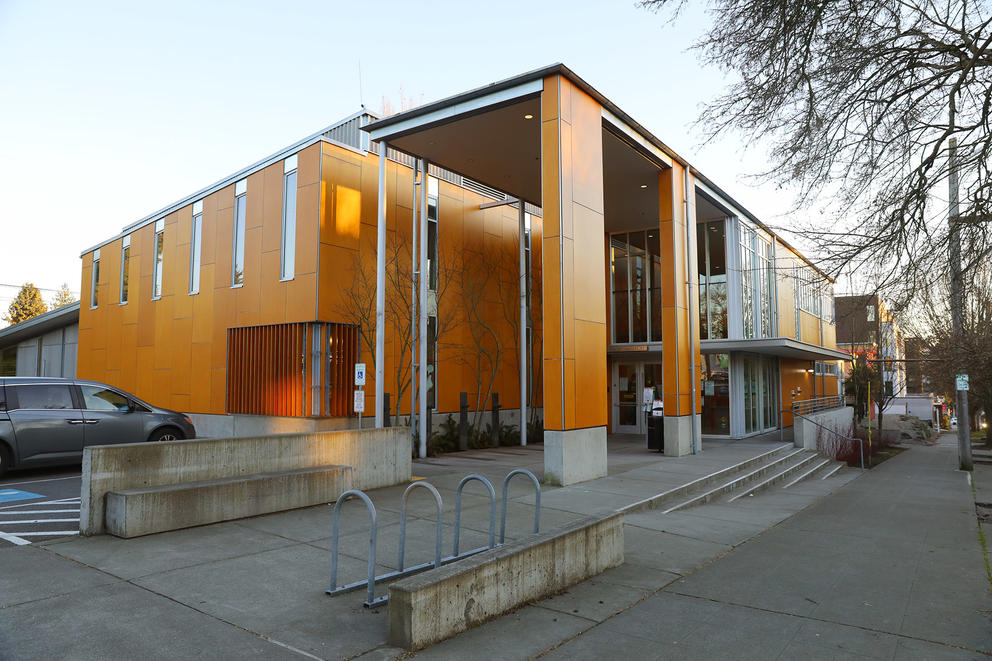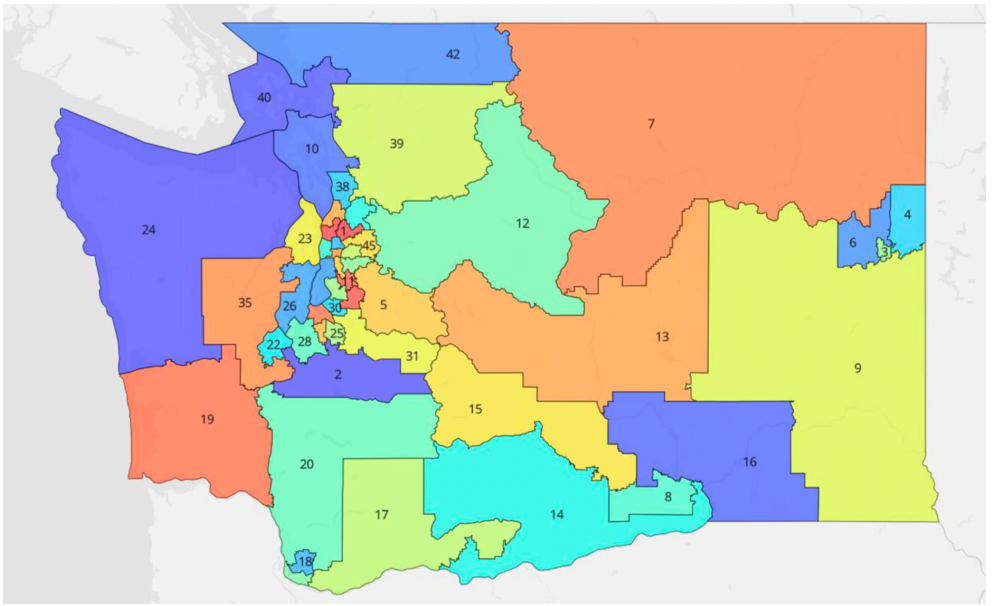After two years of contending that the Washington cap-and-invest program is a tax, Republican leaders are arguing in court that it and two other taxes being challenged on the ballot this fall are not taxes.
Rep. Jim Walsh, R-Aberdeen, and Deanna Martinez, chair of the Mainstream Republicans of Washington, have filed a lawsuit arguing that the Attorney General’s office does not need to write fiscal impact statements for the voter pamphlet for three initiatives that would strike down or change recent state laws on long-term care insurance, a capital gains tax and the cap-and-invest program, arguing that these are not technically taxes and fees.
A hearing on the case in Thurston County Superior Court is scheduled for June 7.
A 2022 state law requires the Washington Attorney General’s Office to write a statement of up to 15 words on the state’s voters’ pamphlet about the fiscal impacts of an initiative that affects a tax or fee.
Walsh, also chairman of the state Republican Party, filed the three initiatives that qualified for November’s ballot. Democrats opposed all three initiatives.
“Our friends outsmarted themselves,” said Walsh in a Monday press release. “They were very specific when they passed the [2022] warning-label law. But they were so specific that the law doesn’t apply to any of the initiatives that go before voters this year. The case is so clear-cut I am surprised we have to take this to court.”
In the same press release, Martinez said: “People trust the voters’ pamphlet as an objective source of information. They aren’t expecting a partisan political attack that masquerades as a neutral financial statement.”
Attorney General Bob Ferguson’s office submitted a response to the lawsuit arguing that all three initiatives address taxes and fees.
“This lawsuit is a meritless attempt to deny voters information. … All three [initiatives] repeal or modify taxes or fees, and all three have significant fiscal impacts. Under state law, the public has a right to have those fiscal impacts described on the ballot. This Court should reject Plaintiffs’ cynical attempt to keep voters in the dark,” the attorney general’s filing argued.
Initiative 2117 would repeal the state’s cap-and-invest program, which began operating in January 2023. Critics blame the program for rising gas prices. Supporters argue that it provides a huge amount of money for green-energy programs that decrease dependence on fossil fuels and mitigate environmental damage.
Initiative 2109 would repeal Washington’s capital gains tax, which pumps money into the state’s schools. The Republican filers argue that since the Legislature passed an initiative to the body this spring to ban a state income tax, the capital gains tax has no fiscal impact, therefore no fiscal impact statement from the attorney general is required. Before Walsh’s lawsuit, Republicans have always argued that a capital gains tax is an income tax not allowed by state law. But the Washington Supreme Court rejected that argument, and the U.S. Supreme Court declined to hear the challenge.
The third initiative, I-2124, would switch the new state requirement for all W-2 employees to contribute to a new long-term insurance care program from mandatory to voluntary participation. The plaintiffs’ argument is that these insurance payments are premiums and not payroll taxes.
Ferguson’s filing argued that the cap-and-invest surcharges are fees, and therefore covered by the warning-label law. On the initiative to change the long-term care insurance, the attorney general’s office said that the 2019 law that established the basic program said the employees’ payments are taxes or fees.
The attorney general also argued that the GOP lawsuit is misreading the texts of the income tax initiative passed this spring and of the state’s capital gains tax law.
“Because the capital gains tax has not been repealed, and because I-2109 would repeal it and would cut billions of dollars in education funding, that measure must have a public investment impact disclosure statement,” the attorney general’s court filing said.









